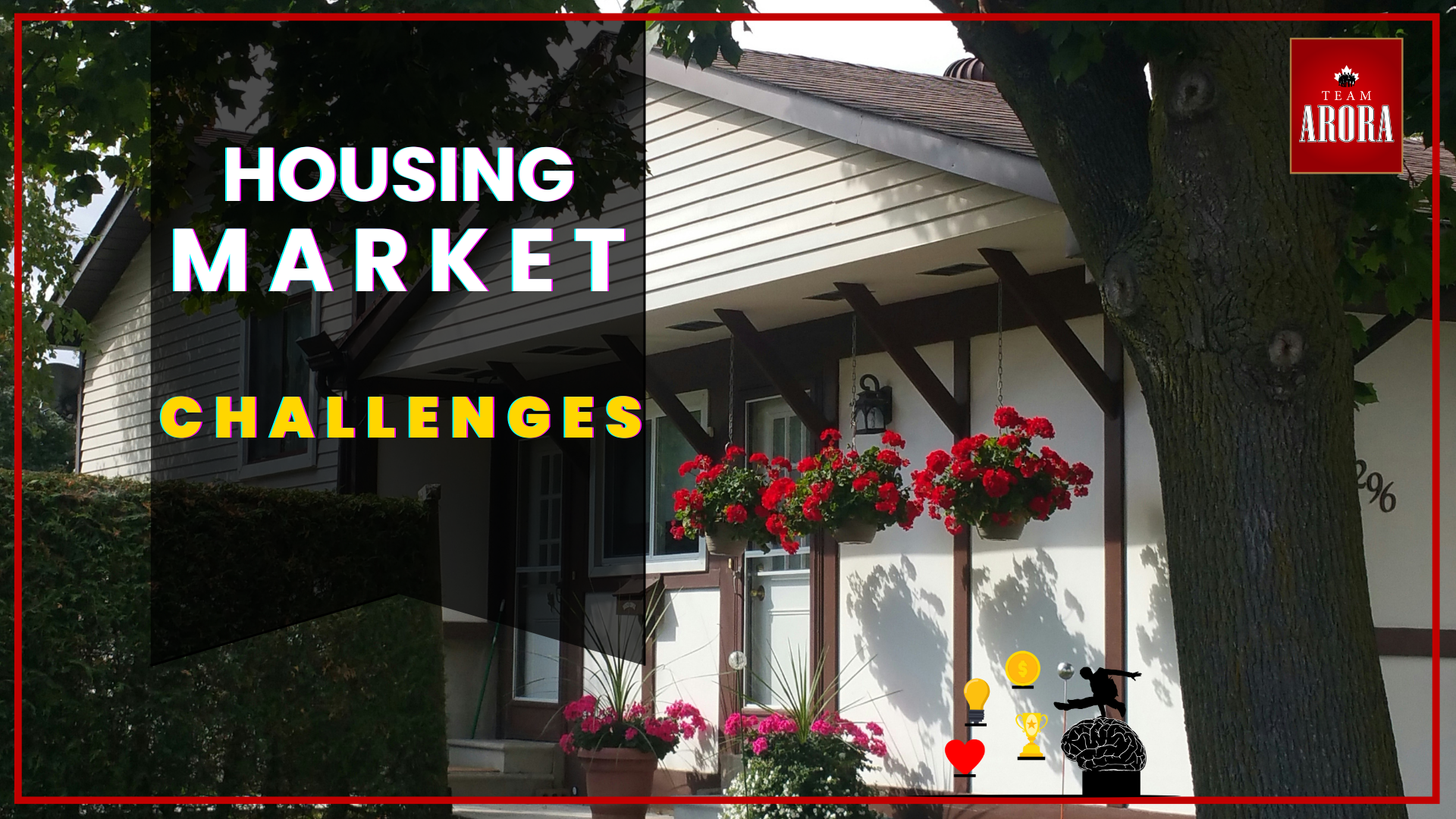Starting a hotel business can be a lucrative and rewarding venture if done correctly. With the rise of tourism and business travel, the hospitality industry continues to thrive. However, to succeed, you must focus on meticulous planning, market research, and delivering exceptional guest experiences.
1. Conduct Market Research and Feasibility Study
Before investing in a hotel business, it is crucial to conduct in-depth market research. Identifying your target audience is the first step, as understanding whether your ideal customers are business travelers, vacationers, or budget travelers can shape your services. Choosing a prime location with high demand for accommodations is equally essential, as proximity to attractions, transport, and safety influence success.
Competitor analysis plays a significant role in setting your hotel apart. Studying nearby hotels to understand their pricing, services, and unique selling points gives you a competitive edge. Keeping up with industry trends such as eco-friendly hotels, smart hotel technology, and personalized services will help you stay relevant. A feasibility study further ensures that your hotel concept is financially viable in your chosen location.
2. Develop a Solid Business Plan
A well-structured business plan is a must-have. It should cover an executive summary that highlights your business goals and strategies. Your business model must clearly define whether you want a boutique hotel, luxury resort, budget accommodation, or franchise. Daily operations, staffing, and customer service protocols should be outlined in the operational plan.
The financial plan is crucial in outlining startup costs, revenue projections, and funding sources. A well-thought-out marketing strategy should also be included, detailing how you plan to attract and retain guests through promotions and branding efforts.
3. Secure Funding for Your Hotel Business
Starting a hotel requires significant capital investment, and securing funds from multiple sources can ease the financial burden. Bank loans provide structured repayment plans, while private investors or venture capital firms can provide substantial funding. Some regions also offer government grants for tourism-related businesses. If you have sufficient personal savings, self-funding is another viable option that can help avoid debt. Consulting with a financial advisor ensures you choose the best funding option for your hotel.
4. Choose the Right Location
The success of your hotel largely depends on its location. Being near attractions like tourist spots, business districts, or transportation hubs can significantly boost your business. Accessibility to roads, airports, and public transport makes it easier for guests to reach your hotel. Additionally, the safety and security of the area play a major role in guest confidence and satisfaction. Analyzing market demand and competition in the region ensures you make an informed decision before finalizing your location.
5. Design and Construct Your Hotel
Your hotel’s design plays a crucial role in attracting and retaining guests. Aesthetic appeal matters, and choosing a theme that aligns with your target market—whether modern, vintage, or eco-friendly—can create a unique identity. Spacious and comfortable room layouts, along with keyless entry, mobile check-ins, and other smart hotel solutions, enhance the guest experience. Sustainability is a growing trend, and using eco-friendly materials and energy-efficient solutions can attract environmentally conscious travelers.
6. Obtain Necessary Licenses and Permits
Operating a hotel requires various licenses and permits, including business registration with the appropriate authorities. You will need a hotel license to legally operate a lodging establishment, along with health and safety permits to ensure compliance with hygiene and fire safety regulations. If your hotel has a bar or restaurant, obtaining a liquor license is mandatory. Employment permits may also be required for hiring staff in certain regions.
7. Hire and Train Staff
Your staff plays a crucial role in guest satisfaction, and hiring the right people for key positions ensures smooth operations. Hotel managers oversee the daily workflow, while front desk staff handle check-ins, bookings, and guest inquiries. Housekeeping teams maintain cleanliness and hygiene, ensuring a pleasant stay for guests. If your hotel includes a restaurant or cafe, experienced chefs and waitstaff are essential. A dedicated marketing and sales team helps promote your hotel and manage customer relationships. Proper training is vital to ensure your staff delivers excellent customer service and maintains high hospitality standards.
8. Implement an Effective Marketing Strategy
Marketing is essential to attract guests and build brand recognition. SEO optimization helps your website rank higher in search results through keyword-rich content. Social media marketing on platforms like Instagram and Facebook enhances visibility. Partnering with online travel agencies such as Booking.com, Expedia, and Airbnb increases your booking potential. Email marketing allows you to send personalized offers and newsletters, while influencer collaborations with travel bloggers help reach a broader audience.
9. Focus on Guest Experience and Reviews
Providing exceptional customer service leads to positive reviews and repeat business. Offering personalized services based on guest preferences ensures a memorable stay. Launching loyalty programs that reward returning customers encourages repeat visits. Addressing complaints and concerns promptly shows commitment to guest satisfaction. Encouraging satisfied guests to leave positive reviews on platforms like TripAdvisor and Google helps build credibility and attract more customers.
10. Continuously Improve and Expand
The hospitality industry is ever-evolving, so continuous improvement is necessary. Expanding services by adding spa treatments, guided tours, or conference rooms can attract a wider range of guests. Renovating and upgrading hotel decor and amenities enhances the overall guest experience. Analyzing guest feedback and booking data helps refine services and meet customer expectations. If your business is thriving, exploring franchising or opening additional locations could be the next step.
FAQs
1. How much does it cost to start a hotel business?
The cost varies depending on location, size, and type of hotel. On average, small boutique hotels may cost $500,000 to $2 million, while luxury resorts can require tens of millions of dollars.
2. How long does it take to start a hotel?
It can take anywhere from 1 to 3 years, depending on construction time, licensing processes, and funding acquisition.
3. What are the most profitable types of hotels?
Luxury hotels, business hotels, and boutique accommodations in high-demand areas tend to be the most profitable.
4. How can I attract more guests to my hotel?
Invest in digital marketing, offer competitive pricing, focus on excellent customer service, and partner with travel agencies and online booking platforms.
5. Is owning a hotel a good investment?
Yes, if managed well, a hotel can be a profitable long-term investment. However, success depends on location, market demand, and service quality.
Starting a hotel business requires dedication, strategic planning, and excellent customer service. By following these steps and staying updated on industry trends, you can build a successful and sustainable hotel business.








